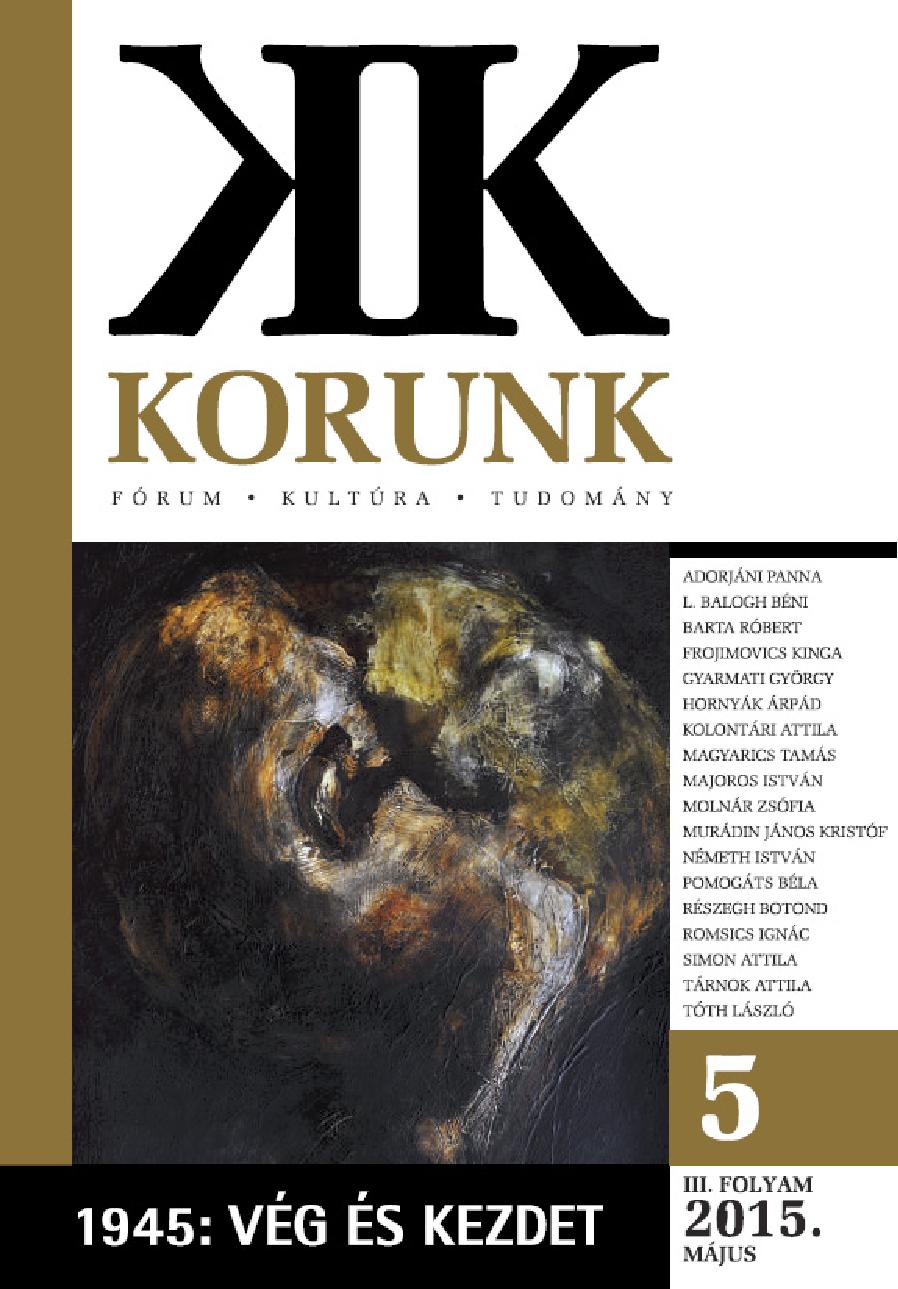„Nulla év”: egy új világ(rend) a régi helyén
“Year Zero”: A New World (Order) in Place of the Old One
Author(s): Tamás MagyaricsSubject(s): History, Recent History (1900 till today)
Published by: Korunk Baráti Társaság
Keywords: end of Second World War; two superpowers; Soviet Union; U. S.; United Nations; economic and financial reconstruction
Summary/Abstract: At the end of the Second World War, there remained only two (super)powers capable of actively shaping the postwar world. As both world wars started in Europe, it was obvious that a radical rearrangement of power relations among the European powers was needed. The Soviet Union was primarily interested in creating a buffer zone and was basically pursuing a balance of power politics here and in Asia alike. The American approach was more complex, insofar as Washington was seeking to establish a liberal world order but, learning the lessons of the failed Wilsonian attempt after World War I it also tried to put into place a mechanism to enforce the decisions of the world community embodied by the United Nations. However, because of Soviet insistence on a veto power in the Security Council, the UN has not been able to live up to the expectations, and the shifting balance of power continued to define ultimately the relations between the power centers. The economic and financial reconstruction, the so-called Bretton Woods system was working remarkably well for decades, while the attempts to bring the nuclear power under international control failed because of the emergence of the Cold War between the U.S. and the Soviet Union and their successive allies.
Journal: Korunk
- Issue Year: 2015
- Issue No: 05
- Page Range: 9-16
- Page Count: 8
- Language: Hungarian

